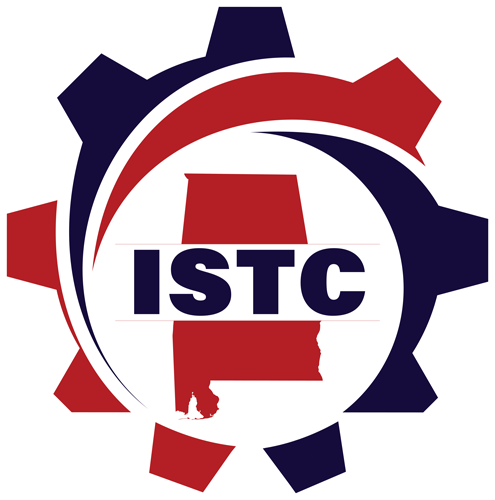In a powerful demonstration of bipartisan cooperation, the Alabama Legislature has unanimously passed Senate Bill 138, marking a significant milestone in reducing barriers for justice-involved individuals seeking to enter the workforce. Co-sponsored by Representative Parker Moore and Senator Rodger Smitherman, this groundbreaking legislation addresses one of the most significant challenges faced by individuals with criminal records: access to professional licensing.
Removing Unnecessary Barriers
The bill creates a pathway for parolees and probationers to obtain professional licenses without facing automatic disqualification from licensing boards when their past convictions have no relevance to their chosen profession. These individuals will receive a Certificate of Employability from the Alabama Bureau of Pardons and Paroles—a document that not only validates their qualifications but also protects employers from legal liability for hiring former felons.
This reform is particularly significant in Alabama, where one in five jobs requires a license. The state currently faces a critical workforce shortage, with only 50 active workers available for every 100 job openings. By removing unnecessary licensing barriers, SB138 addresses both public safety concerns and workforce needs.
A Win for Public Safety and Economic Development
Research consistently shows that stable employment is one of the most significant factors in reducing recidivism. As noted by Alabama Bureau of Pardons and Paroles Director Cam Ward, "By helping qualified individuals gain access to stable, in-demand, good-paying jobs, Rep. Moore and Sen. Smitherman are supporting the Bureau's efforts to reduce repeat offenses and enhance community safety."
The legislation has garnered broad support from the business community, who recognize its potential impact on economic development. A coalition including Alabama Power, the Business Council of Alabama, Manufacture Alabama, NFIB-Alabama, the Alabama Community College System, and Ingram State Technical College helped advance this important legislation.
What This Means for Our Students
For justice-involved students in our educational programs, this legislation represents a significant expansion of career opportunities. By removing licensing barriers, individuals who have completed training and education in various fields will now have clearer pathways to professional careers that previously may have been closed to them despite their qualifications.
The passage of SB138 reinforces the value of education and training programs for justice-involved individuals, providing tangible evidence that their efforts to acquire new skills and knowledge can lead to meaningful employment opportunities. It also sends a powerful message about our state's commitment to second chances and the belief that past mistakes should not permanently define a person's future.
As our students prepare to enter or re-enter the workforce, they can now do so with greater confidence that their qualifications—not just their past—will determine their professional opportunities. This represents a significant step forward in our mission to provide education that truly transforms lives.

